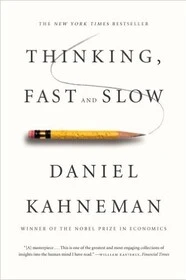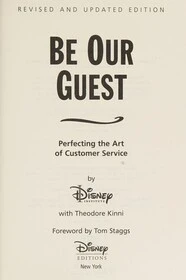I recently read an article title Google AMP Can Go To Hell, all about how Google AMP is an attempt by Google to control the internet entirely.
When I first saw this article I thought it was going to be a sensationalist piece of nonsense, but there’s some interesting points raised. I’m not entirely sure if I agree with everything, but there’s definitely some things to consider.

I would guess that for many WordPress developers, using AMP is an afterthought. Just install the official AMP plugin, and move on (that’s certainly what I have done). But I know that Google puts a lot of emphasis on it (as detailed in the article).
And there’s some good benefits to using AMP:
- It enforces strict standards. Developers should follow standards but they are quite loose and are not enforced.
- With AMP the code is either correct, or it isn’t.
- It’s super fast.
- It removes a lot of the cruft (trackers and the like).
- It increases retention (presumably because of the extra speed).
- It improves Google search rankings (because Google likes to promote the things they control).
But at the same time. It does feel a bit shady. The idea of Google caching everything AMP is both nice (reduces costs, increases speed), and reduces control. It feels a bit like we’re just turning ourselves into content producers for Google.
Plus the fact that Google control the advertising for AMP sites is a little worrying. I’m not a fan of advertising and make very little money from it so this doesn’t affect me, but the idea that choice and capabilities are restricted seems anti-competitive.
In fact the whole thing seems anti-competitive. The idea that we’re essentially making the web better for Google is probably why part of me is against it.
Of course there’s another part of me that thinks a faster web is a good thing so perhaps it’s worth the negatives.
If you’re interested in AMP, then a company that has embraced it is XWP. They have partnered with Google and are now leading the development of the AMP WordPress plugin. You can read here about how they converted their website to work natively with AMP.
We also have WP-Rig, a modern WordPress starter theme, that is setup to use core AMP functionality by default.
I’ve been thinking about making my current (in development) theme support AMP natively. The theme is being designed to be quick with minimal javascript and simple functionality, so it would be an ideal candidate. However I have never even looked at the AMP docs (since I install the plugin and move on), and I now can’t decide if I want to get this tightly involved with Google or not.
How was it for you? Let me know on BlueSky or Mastodon
Link to this page
Thanks for reading. I'd really appreciate it if you'd link to this page if you mention it in your newsletter or on your blog.






